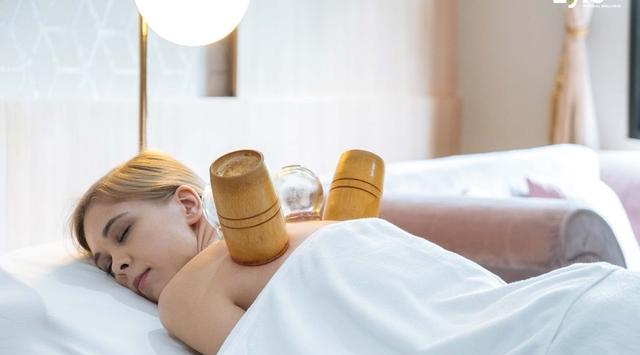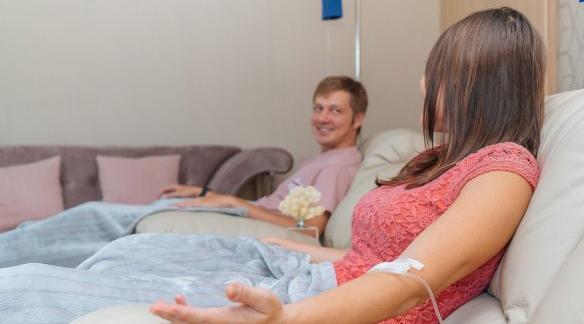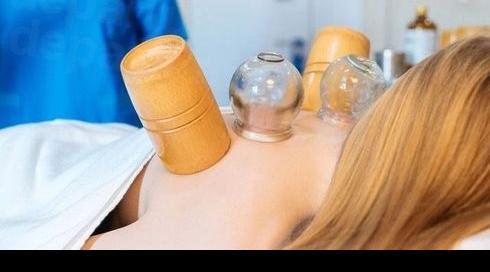In the journey of life, aging men, typically older men over the age of 30, experience a phenomenon that is often overlooked and underestimated—Andropause, also known as the male climacteric. Andropause, in contrast to female menopause, is a natural stage of aging in the adult male that can have a significant impact on men's health and well-being. This guide explores the symptoms of andropause, the role of male hormones, the importance of testosterone therapy, and the treatment options available, including Hormone Replacement Therapy (HRT).
Definition and Causes of Andropause
Andropause, sometimes referred to as male menopause, is characterized by a decrease in male hormone levels, particularly testosterone production. This decrease can result in a range of physical and emotional symptoms that may include a decline in sexual satisfaction.
Typical Age Range and Prevalence of Andropause
The onset of andropause can vary among individuals but generally affects men between the ages of 40 and 55. The prevalence of andropause is widespread, with many older men experiencing its effects.
Common Symptoms of Andropause
Common symptoms of andropause encompass various physical and emotional changes that can impact the well-being of aging men. These symptoms often include:
- Fatigue: Many men may notice a decrease in energy levels, making them feel more tired and less motivated.
- Sleep Disturbances: Andropause can disrupt sleep patterns, leading to difficulties falling asleep or staying asleep throughout the night.
- Mood Swings: Changes in hormone levels can affect mood stability, resulting in mood swings, irritability, or feelings of anxiety and depression.
- Physical and Emotional Decline: Men may experience a decline in physical fitness, such as reduced muscle mass and strength, as well as emotional well-being, which may include decreased self-confidence.
Role of Hormones in Andropause Changes
Testosterone Levels During Andropause
A decrease in testosterone levels is a hallmark of andropause, and this decline in male sex hormone production is a natural part of aging.
Impact of Declining Testosterone on Men's Health
The decline in testosterone levels in older men is linked to an increase in the risk of heart issues, metabolic syndrome, and a decrease in bone density. Additionally, it can lead to symptoms suggestive of testosterone deficiency, affecting mental and physical health.
Other Hormonal Imbalances Associated with Andropause
While testosterone is the primary male sex hormone affected during andropause, imbalances in other hormones such as estrogen and DHEA can also occur, contributing to a deficiency in men.
Benefits of Hormone Replacement Therapy (HRT)
How HRT Helps Alleviate Andropause Symptoms
Hormone Replacement Therapy (HRT) has proven to be a valuable approach for men dealing with andropause. While we won't go into extensive detail, it's important to highlight some key benefits:
- Symptom Alleviation: HRT, including testosterone replacement therapy, is specifically designed to address the hormonal imbalances that contribute to andropause symptoms. By restoring and maintaining optimal hormone levels, men often experience relief from common symptoms like fatigue, mood swings, and sleep disturbances.
- Improved Quality of Life: As andropause symptoms subside, men typically report a significant improvement in their overall quality of life. They often feel more energetic, experience better emotional stability, and find it easier to engage in physical activities.
- Enhanced Sexual Function: HRT can positively impact sexual satisfaction by improving libido and addressing issues related to sexual performance that may arise during andropause.
- Cognitive Function: Some men note improvements in cognitive functions, including better memory and mental clarity, which can positively affect both personal and professional life.
- Long-term Health: Maintaining optimal hormone levels through HRT may help reduce the risk of age-related health concerns, such as bone density loss and cardiovascular issues.
- Tailored Approach: HRT can be customized to each individual, allowing for a personalized treatment plan that aligns with specific needs and preferences.
Potential Benefits of Maintaining Optimal Hormone Levels in Men
Maintaining male hormone levels in the normal range through HRT can have a multitude of benefits, including increased energy, enhanced sexual function, improved mood, and better cognitive performance.
Studies and Research Supporting the Effectiveness of HRT for Andropause
The Massachusetts Male Aging Study and the New Mexico Aging Study have provided substantial evidence supporting the effectiveness of HRT in managing andropause symptoms and improving the health and well-being of older men.
Types of Hormone Replacement Therapy for Andropause
Different Methods of Delivering Testosterone Replacement
HRT for andropause can be administered through various methods, such as gels, injections, patches, and pellets. Each method has its own set of advantages and disadvantages, and a doctor may help determine the most appropriate method.
Considerations When Choosing the Appropriate HRT Method
The choice of HRT method should be based on individual preferences, health status, and specific symptoms. Older men with low testosterone can work with their healthcare provider to select the most suitable approach.
Consultation and Treatment Process
Importance of Consulting with a Healthcare Professional Before Starting HRT
Before initiating testosterone therapy or other forms of HRT, consulting with a healthcare professional is a necessary step. This is especially important for older men experiencing symptoms of testosterone deficiency.
Diagnostic Tests and Evaluations to Determine Hormone Imbalances
Diagnostic tests and evaluations are essential in the diagnosis and treatment of andropause. These tests help determine hormone levels in men and identify any hormonal imbalances.
Overview of the Treatment Process and Monitoring Progress
The treatment process involves regular monitoring to ensure the safety and effectiveness of HRT. This includes tracking changes in male hormone levels, both during and after treatment.
In addition to HRT, making lifestyle changes can significantly impact the symptoms of andropause. A healthy diet, regular exercise, and stress reduction techniques can contribute to the success of treatment.
Other Treatments and Approaches That Can Be Combined with HRT for Better Results
A holistic approach to andropause management may involve combining HRT with other treatments, such physical therapy, stress management or lifestyle changes. This integrated approach can be highly effective for older men seeking a comprehensive and successful treatment plan.
Conclusion
In conclusion, andropause is a natural stage of aging that affects many older men. It is marked by a decrease in male hormone levels and a variety of physical and emotional symptoms. Hormone Replacement Therapy (HRT), including testosterone therapy, is a valuable option for managing these symptoms, enhancing overall health and well-being. Seek professional guidance and explore HRT as a comprehensive and effective approach to addressing andropause symptoms. Your journey to hormonal balance and improved quality of life begins with knowledge and informed choices.
For personalized HRT solutions and expert guidance, contact Lyfe Medical Wellness today. Regain your vitality and well-being!
Frequently Asked Questions (FAQ)
- Is it common for men to experience no symptoms during andropause?
While many men may experience symptoms of andropause, some individuals may not exhibit noticeable symptoms. It varies from person to person. - How long does it typically take to see improvements with HRT for andropause?
The timeframe for experiencing improvements with HRT can vary among individuals. Some men may notice positive changes in a matter of weeks, while others may take a bit longer. - Can andropause affect an individual's sleep patterns?
Yes, andropause can lead to sleep disturbances in some men. Changes in hormonal balance can influence sleep quality, but addressing these imbalances, whether through HRT or lifestyle adjustments, may help improve sleep. - Is there a link between andropause and bone density in hypogonadal men? Yes, andropause can lead to a decrease in bone density, which is especially significant in hypogonadal men. This reduction in bone density is a concern, and HRT can play a role in addressing this issue.




